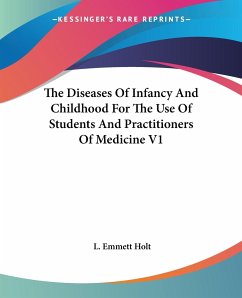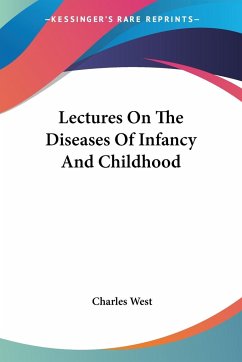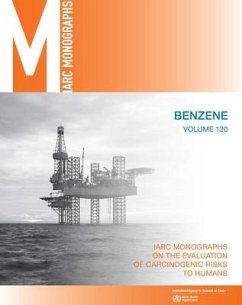
International Incidence of Childhood Cancer
Versandkostenfrei!
Versandfertig in über 4 Wochen
32,99 €
inkl. MwSt.

PAYBACK Punkte
16 °P sammeln!
The International Agency for Research on Cancer has a long experience in the compilation and analysis of data on the incidence of cancer in different parts of the world. This activity has been extended by the publication of the present volume, which brings together information on the incidence of cancer in children from over fifty countries. It represents the most extensive collection of such data ever published. The data are presented in a readily accessible format for making useful comparisons. A special classification system is employed, based upon the cellular origin of the tumors. This is...
The International Agency for Research on Cancer has a long experience in the compilation and analysis of data on the incidence of cancer in different parts of the world. This activity has been extended by the publication of the present volume, which brings together information on the incidence of cancer in children from over fifty countries. It represents the most extensive collection of such data ever published. The data are presented in a readily accessible format for making useful comparisons. A special classification system is employed, based upon the cellular origin of the tumors. This is more relevant than the traditional classification by anatomical site, since it is generally acknowledged that genetic susceptibility of particular cell types plays a more important role in the etiology of childhood cancers than in adults. The geographic and ethnic variations in the risk of different cancers are an invaluable resource for workers interested in formulating and confirming hypotheses concerning the causes of childhood cancer.



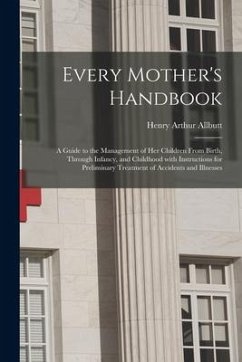
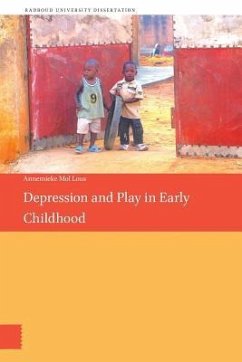
![Childhood [microform]: the Text-book of the Age, for Parents, Pastors and Teachers, and All Lovers of Childhood Cover Childhood [microform]: the Text-book of the Age, for Parents, Pastors and Teachers, and All Lovers of Childhood](https://bilder.buecher.de/produkte/66/66188/66188777n.jpg)



